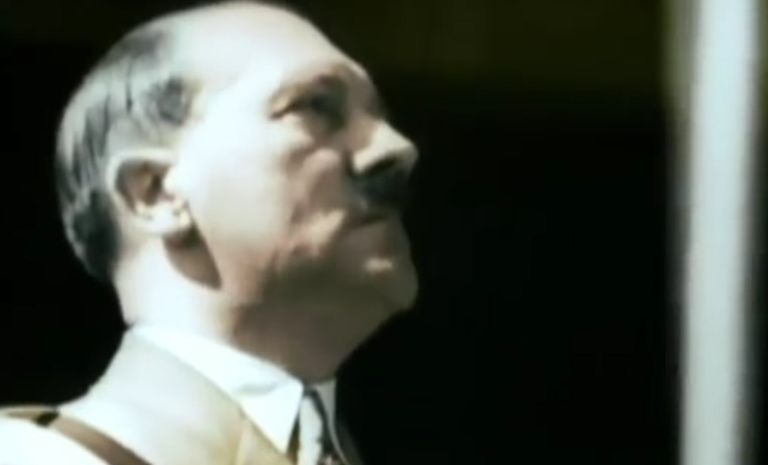
Despite the continuous insistence by campus liberals that hate speech is not protected by the First Amendment, the Supreme Court has consistently ruled otherwise. Rhetoric akin to, "Hate speech is not free speech," and "When does free speech become hate speech?" has no place in the American judicial system. Regardless of how Berkley rioted in the face of provocateur Milo Yiannopoulos, there is no historical or legal precedent to convict those who say hateful things - on any basis - as doing something wrong. Everybody has the right to discriminate, even in matters of race, gender, religion, and culture. All constitutional bases against discrimination are to be understood within the context of the federal system and should never be enforced in the private sector.
Individuals naturally discriminate. A very popular definition of discriminate is to "recognize a distinction," or to make a decision influenced by one's prejudices against those who hold conflicting values or live their lives in a way contrary to the approval of a discriminator. Often, discriminators are discriminated against, making literally everyone on either side of the "Discrimination Fence" discriminatory, in a technical sense. Whenever one makes a decision based on personal values that naturally conflict with those that are hand, he or she is discriminating. So discrimination should not automatically be assumed as a derogative action. When one chooses not to sit in a broken chair, for example, he or she discriminates by rejecting the chair on the basis of its failure to accomplish that which one wishes it to do. And he or she is better of because of it.
In the opening paragraph of an essay titled A Plea for Intolerance, the late Ven. Fulton J. Sheen writes,
America, it is said, is suffering from intolerance. It is not. It is suffering from tolerance: tolerance of right and wrong, truth and error, virtue and evil… Our country is not nearly so much overrun with the bigoted as it is overrun with the broadminded. The man who can make up his mind in an orderly way, as a man might make up his bed, is called a bigot; but a man who cannot make up his mind, any more than he can make up for lost time, is called tolerant and broadminded.
The venerable archbishop makes a valid point. Often, those who stand on unmoving values and refuse to compromise on matters of moral and social teaching are labeled "bigoted" or "close-minded." Whereas those who cannot or choose not to make up their minds on any given topic are often considered to be the exact opposite, i.e., "tolerant" or "open-minded." The tolerant and open-minded, however, are those who stand for nothing except the concept of tolerance and open-mindedness themselves, and support no actual ideology; so it is that they believe in nothing and place their identity in nothing. In a heartfelt attempt to accept all peoples and identities, those who profess unconditional tolerance have come to stand for nothing, while those who are labeled "intolerant" for remaining steadfast in traditional values possess a substance to which they can answer for.
And so it is with hate speech. There is nothing "tolerant" or "open-minded" about protesting or detesting hate speech, in fact, quite the opposite is manifested in the attempts to silence and censor those who seek to articulate unpopular opinions. If free speech does not allow hate speech, then it is meaningless in the first place.
We do not need a greater amount of individuals and peoples who choose to stand for nothing and oppose differing talking points on the basis of simply being offensive. If true discussion is to be had and if a synthesis is to be found in a dialectic, there must be an antithesis, and that predicates what many might label as "hate speech." Disagreement is to be expected, and in fact should be encouraged, because disagreement with controversial claims is what leads to stimulating conversations regarding the topic at hand and in turn provides a satisfying conclusion.
So, in the advent of rampant campus liberalism and the continuous streams of protests flying in the face of certain controversial speakers, Squawker Media will squawk loudly into the winds of social media: we need more hate speech, not less.
Hi! I am a robot. I just upvoted you! I found similar content that readers might be interested in:
https://squawker.org/analysis/we-need-more-hate-speech-not-less/